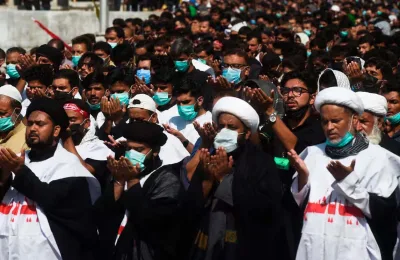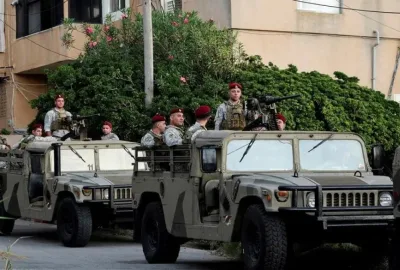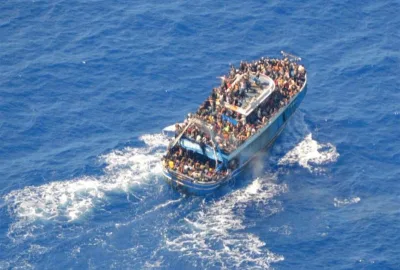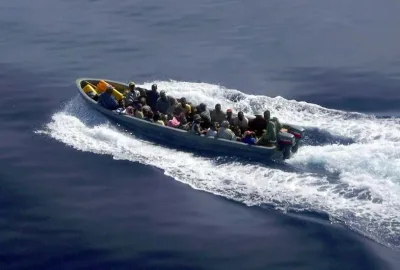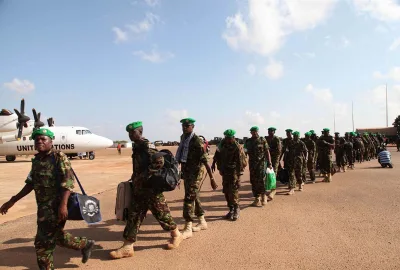When Siad Barre’s government collapsed in 1991 Somalia was plunged into violence and left without a…
When Siad Barre’s government collapsed in 1991 Somalia was plunged into violence and left without a central government capable of defending it. Thats when foreign vessels began fishing illegally en masse off the country’s Indian Ocean coast. Piracy rose when impoverished, unemployed fishermen thought they had no option but to seize the illegal boats and release them for ransom. Soon enough, criminal gangs realised how lucrative piracy can be and it turned into a profitable criminal industry. At its height, Somali piracy was cost the global economy an estimated $8 billion every year.
The image of Somali pirates captured the imagination of the West. So much so that Hollywood turned the real life story of the 2009 hijacking of the US-flagged MV Maersk Alabama into “Captain Phillips,” a blockbuster starring Tom Hanks. The film brought the thrill of highjacking on the high seas to life but glossed over the historic reasons why piracy happens in the first place.
And now, it seems, history is repeating itself. When we were in the town of Eyl on Somalia’s coast with the Indian Ocean earlier this month, fishermen there told us they are again spotting Iranian and other illegal boats in Somali waters on a weekly basis. Some said that yesterday’s pirates have become today’s armed escorts, contracted by foreign boats to help them fish illegally and thwart any resistance to them by the local community.
Illegal fishing vessels are estimated to now be catching three times as much fish as Somali fishermen do, according to the NGO Secure Fisheries. And they’re not only depriving Somalia’s fishermen of their livelihood. They’re also causing great environmental damage. Their huge, heavy nets raze the bottom of the seafloor and harm marine habitat. So much so that Somali President Hassan Sheikh Mohamud wrote an open letter in October of last year in which he stated:
“The damage is so extensive that even if trawling were stopped today, this area may need many years to recover. […] we lack the ability to police our vast waters. The international community could make a significant difference in this area, by helping my government monitor Somalia’s [coast].”
The European Union and NATO have been policing Somali waters for piracy since 2008. Fishermen told us that as soon the international powers succeeded in bringing piracy under control, illegal fishing boats returned to Somali waters. Neither the EU nor NATO have a mandate to clamp down on the illegal vessels. That’s why the residents of Eyl we spoke to believe that only pirates are capable of protecting them from the predators operating off their coast.
Source: TRTWorld








